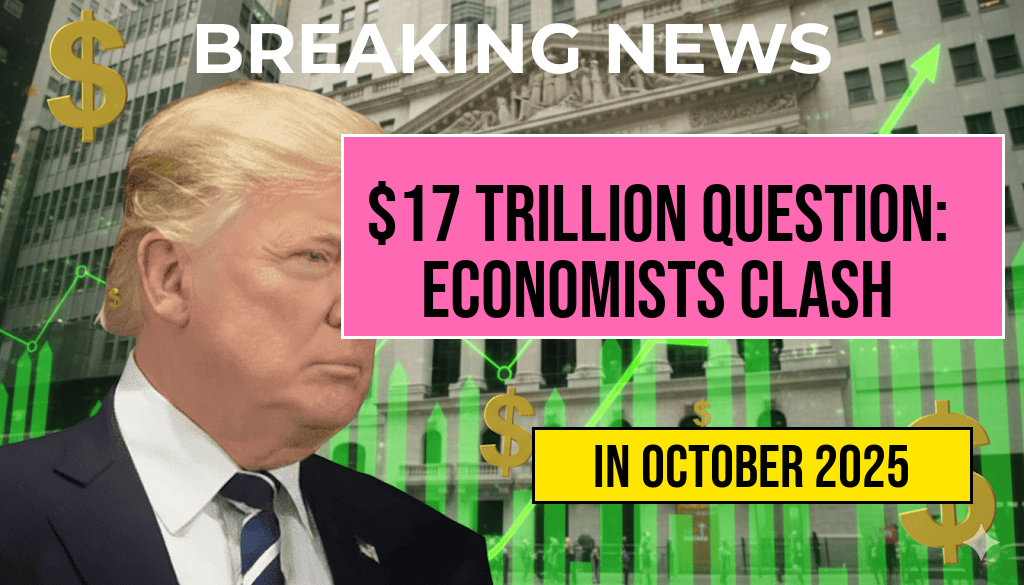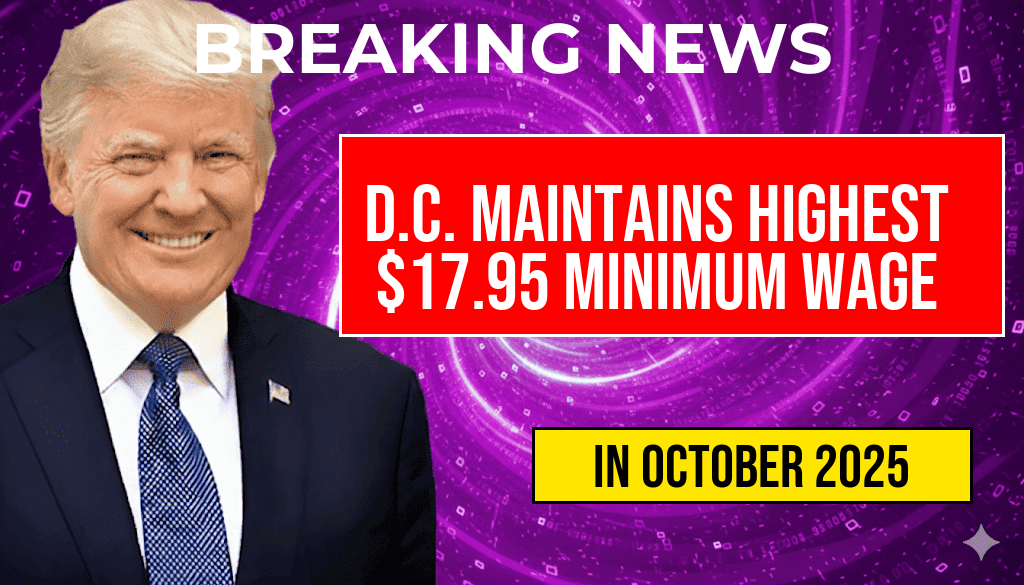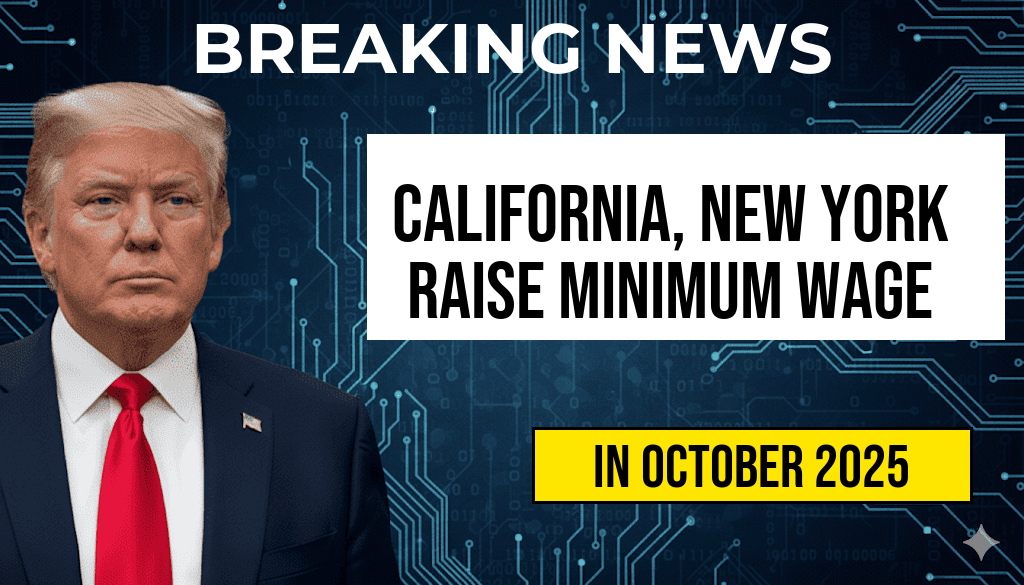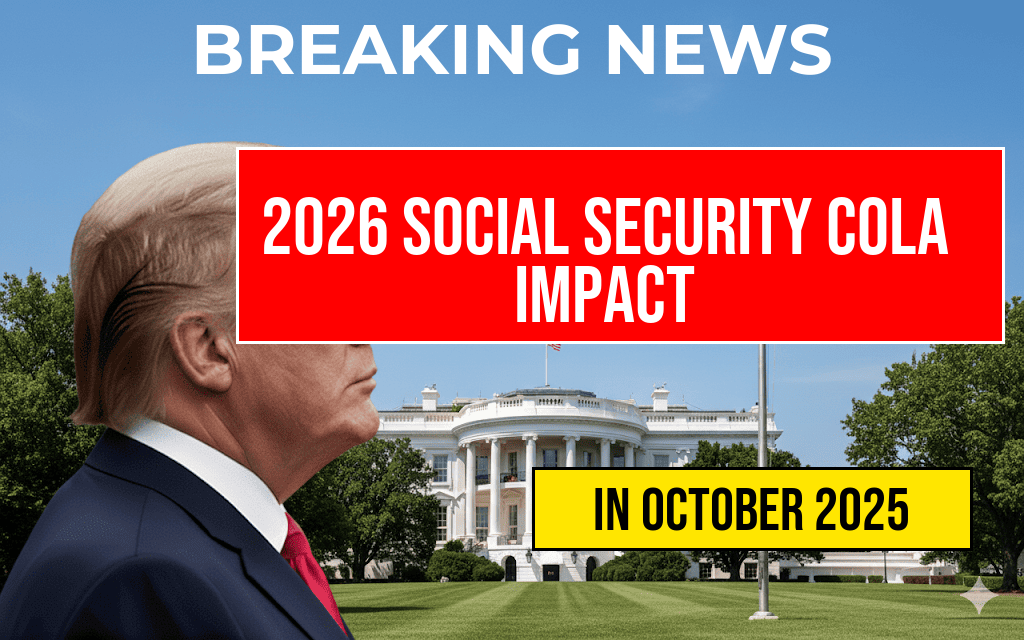Washington D.C. remains at the forefront of the United States in offering the highest minimum wage, currently set at $17.95 per hour. This figure surpasses the federal minimum wage of $7.25 and reflects ongoing efforts by local policymakers to improve living standards for city workers. The District’s commitment to wage growth has garnered attention nationwide, especially amid discussions about economic inequality and affordable living. With a diverse economy encompassing government, hospitality, and tech sectors, D.C. continues to position itself as a leader in fair labor practices. Local officials emphasize that the increased minimum wage aims to support low-income workers and reduce poverty, even as some business groups express concern over potential impacts on employment and small enterprise viability. As debates persist nationwide about the appropriate level for minimum wages, Washington D.C.’s approach offers a notable example of regional policy shaping the economic landscape.
Background on Washington D.C.’s Minimum Wage Policy
The District of Columbia has progressively increased its minimum wage over the past decade, aligning with broader efforts to address income disparity. The current rate of $17.95 per hour was established following legislation passed in 2021, which incrementally raised wages to reflect living costs and economic conditions. This policy aims to keep pace with inflation and the rising expenses associated with housing, transportation, and healthcare in the nation’s capital.
District officials cite studies indicating that a higher minimum wage directly benefits low-income families by reducing poverty and improving health and educational outcomes. The policy also aligns with a trend among major cities, such as Seattle, San Francisco, and New York, which have adopted higher minimum wages to reflect local economic realities.
Economic Impact and Community Response
Support from Labor and Advocacy Groups
- Labor unions and advocacy organizations have lauded the increase, emphasizing that it provides essential support to essential workers in government offices, hospitality, and retail sectors.
- Local non-profits report improved financial stability among workers earning the new minimum wage, citing fewer instances of workers needing public assistance.
- Businesses that have adapted to the new wage structure credit it with fostering increased employee morale and retention.
Concerns from Business Community
- Small business owners express concerns about rising operational costs, particularly in sectors like restaurants and personal services, where profit margins are tight.
- Some worry that increased wages could lead to reduced hiring or increased automation, potentially impacting employment levels.
- Industry representatives have called for gradual implementation and support measures to assist small businesses in adjusting to higher wage standards.
Comparison with Other Cities and States
| Location | Minimum Wage (per hour) | Effective Year |
|---|---|---|
| Washington D.C. | $17.95 | 2023 |
| Seattle, WA | $18.69 | 2023 |
| San Francisco, CA | $16.99 | 2023 |
| New York City, NY | $15.00 | 2023 |
While D.C.’s wage surpasses many other large cities, it remains below some regional standards, such as Seattle, which has implemented an even higher rate. Nonetheless, the District’s policy underscores a trend toward localized wage standards that reflect regional costs of living rather than a one-size-fits-all federal minimum.
Policy Drivers and Future Outlook
Legislators in Washington D.C. have argued that a higher minimum wage promotes economic stability and supports workforce development. The city’s economic development plan includes provisions for worker training and support programs aimed at helping small businesses adapt to wage changes.
Looking ahead, D.C. officials are considering further adjustments tied to inflation indices, ensuring wages keep pace with economic shifts. The city also continues to monitor employment trends and business health metrics to balance wage growth with economic vitality.
Nationally, the debate around minimum wages remains heated, with advocates pushing for federal increases and opponents cautioning about unintended consequences. Washington D.C.’s experience provides a case study in regional wage policy, illustrating both benefits and challenges associated with setting a high minimum wage in a major metropolitan area.
Additional information about minimum wage laws and economic impacts can be found through resources such as the Wikipedia page on minimum wage and analyses from Forbes.
Frequently Asked Questions
What is the current minimum wage in Washington D.C.?
The minimum wage in Washington D.C. is currently set at $17.95 per hour, making it the highest among all U.S. states and territories.
How does Washington D.C.’s minimum wage compare to other regions?
Washington D.C. leads with the highest minimum wage in the country, surpassing other states and territories, which generally have lower minimum wages.
When did Washington D.C. increase its minimum wage to $17.95?
Washington D.C. increased its minimum wage to $17.95 per hour as part of ongoing efforts to improve living standards and ensure fair compensation for workers.
Are there plans to raise the minimum wage further in Washington D.C.?
Yes, future wage adjustments are anticipated based on inflation, cost of living, and local policy decisions to continue supporting workers in Washington D.C.
Who is affected by the minimum wage increase in Washington D.C.?
The minimum wage increase directly benefits low-income workers across various sectors, including retail, hospitality, and public service, ensuring they earn a living wage.










